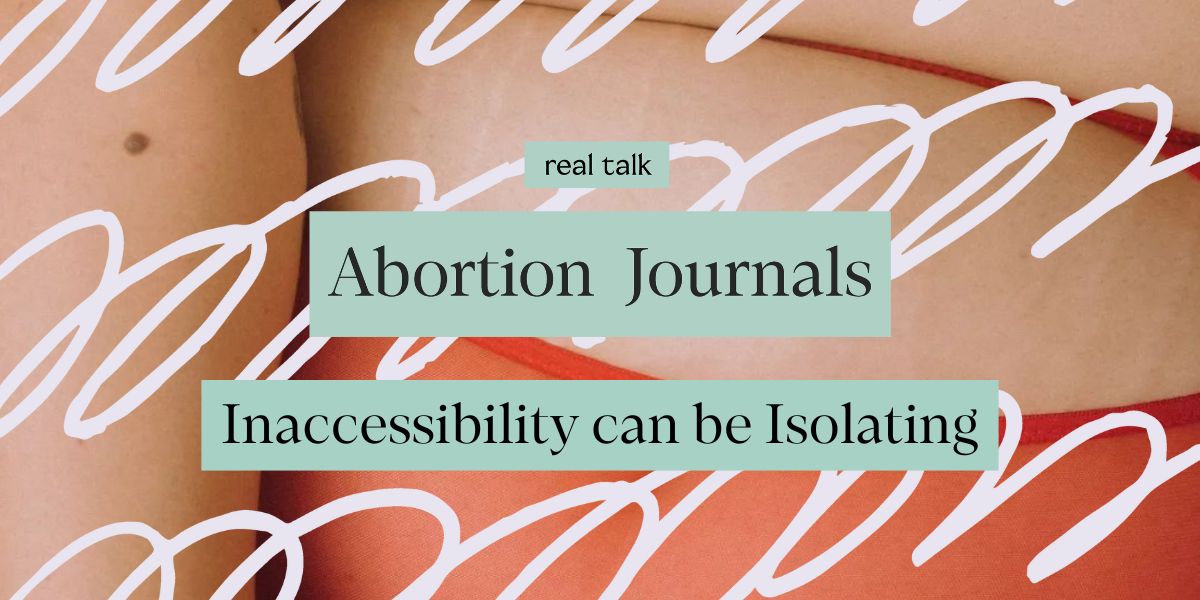Creating daily habits

Habits can be defined as activities you do often or regularly, often without thinking about it. They are the rhythms and routines of daily life. We wake up, brush our teeth, make breakfast, and prepare for work. Rinse and repeat for the next day, and the day after that, and the day after that. As summer comes to a close, it may be tempting to decide on a handful of new habits to shake things up.
Those health goals you’ve been putting off forever, or the financial habits you are hoping to break- this year, this month, now, is the time for radical change. Yet behavioral scientists point out that this is not actually a way to set yourself up for success. Radical overhaul, or large changes without small changes building up to them, are actually that much harder to implement. Your New Year’s resolution to become an entirely different person by the end of January may set you up for failure. The act of changing our habits or adding new habits is a longer, more time intensive process. A study in the European Journal of Social Psychology found that it took between 18 to 254 days for a task to be automatic. Meaning, it can take between a month to almost a year for something to become a true part of our routines.
Behavioral scientists have a few recommendations if you are thinking of updating your habits:
Build off of the habits you already have. Tie a new habit into an existing habit; look for patterns in your day and decide one or two things to add to something that you already do. Often mornings are the moment of the day most steeped into routine. Think about what you do each morning- do you make coffee? Is this when you exercise? Is this when you are most anxious for the day, and as a result, you want to try to meditate and try to clear your mind for the day? How can this be added to your routine, realistically?
If you are a list maker, or an app user, find a paper or an app and set up a schedule that seems realistic to follow. Set aside 30 minutes for the first part of your established routine, and then think about the next 30 minutes--ideally, what would you want to add? Let’s say you want to start meditating. Resources can be found at Calm or Headspace for mindfulness, meditation and relaxation. Stack this new habit onto the already established part of your routine, in a small, bite-size way. Add a 5 minute guided meditation each day. Why each day? Because with habits, repetition is key. In order for something to be so ingrained it is unconscious, it should be done as often as possible.
Another area where habits are often discussed is around the idea of self-care. You’ve probably been hearing about self-care for years as one of those things that’s good for you, something you really should do. Yet common misconceptions around self-care blur things. Self-care has become synonymous with bubble baths, ignoring texts to preserve your energy, or protecting yourself by any means necessary from things that you do not want to engage with.
According to health professionals, self-care can actually be defined as the necessity to do things that are good for our own physical, emotional, or psychological well-being. It looks different for most people. Maybe self-care to a Manhattanite looks like a night-in alone, watching their favorite Netflix show, but to a San Francisco girly, maybe self-care includes a hike. For another person, it can look like a dinner party connecting with friends and family, since they find that being around others is the best thing for them. Defining what self-care means to you individually can help you then understand what habits could bolster this sense of psychological and emotional well-being. Some examples could include:
- Building a break into your work day. Not a rushed lunch by your computer, but a full 20 minute break (if your schedule allows), to take a deep breath and look at something besides a screen.
- Going for a run or light jog, incorporating yoga, (or another exercise that you find helpful for resetting), into your routine, or building strength (maybe just even for the endorphins!)
- Self-care can also look like creating habits around boundaries. Say ‘No’ to the tasks or friends that you find draining, that you find are not beneficial to your health and wellbeing (within reason). Don’t answer work calls after you’re done for the day, and make that a habit you enforce as many days of the week as possible.
- Try out a Social Media cleanse: Deactivate (or delete) your social media accounts for a set amount of time. Distance yourself from the endless comparison and highlight reel that is often inherent in social media platforms. You may not feel ‘addicted’ or overly reliant on social media, but even if you aren’t at that level yet, there have been noted benefits for individuals, including but not limited to better sleep and lower rates of anxiety.
Whether your new habit is around self-care, social media, or more focused on physical health and wellbeing, the start of a new year is a great time to take stock of the last year and think with intention about what you want for yourself moving forward. Before you get caught up in the need to do everything, all at once, take a moment to reflect on one or two habits you’d like to add. Think about where in your routine you can stack this habit onto an already existing habit. Think about something that is realistic to do daily, that you can commit to daily. Remind yourself to take a deep breath, and give yourself grace if you don’t start out perfectly. It’s the intention that matters.
Keep Reading

Everything Barbie needs to know about her new vagina
Aug 7

Lindsey Metselaar gets real on infertility, IVF, and advice for her 18-year-old self
Aug 18

Everything you need to know before your next fling
5/9/2023 • 3 minutes










